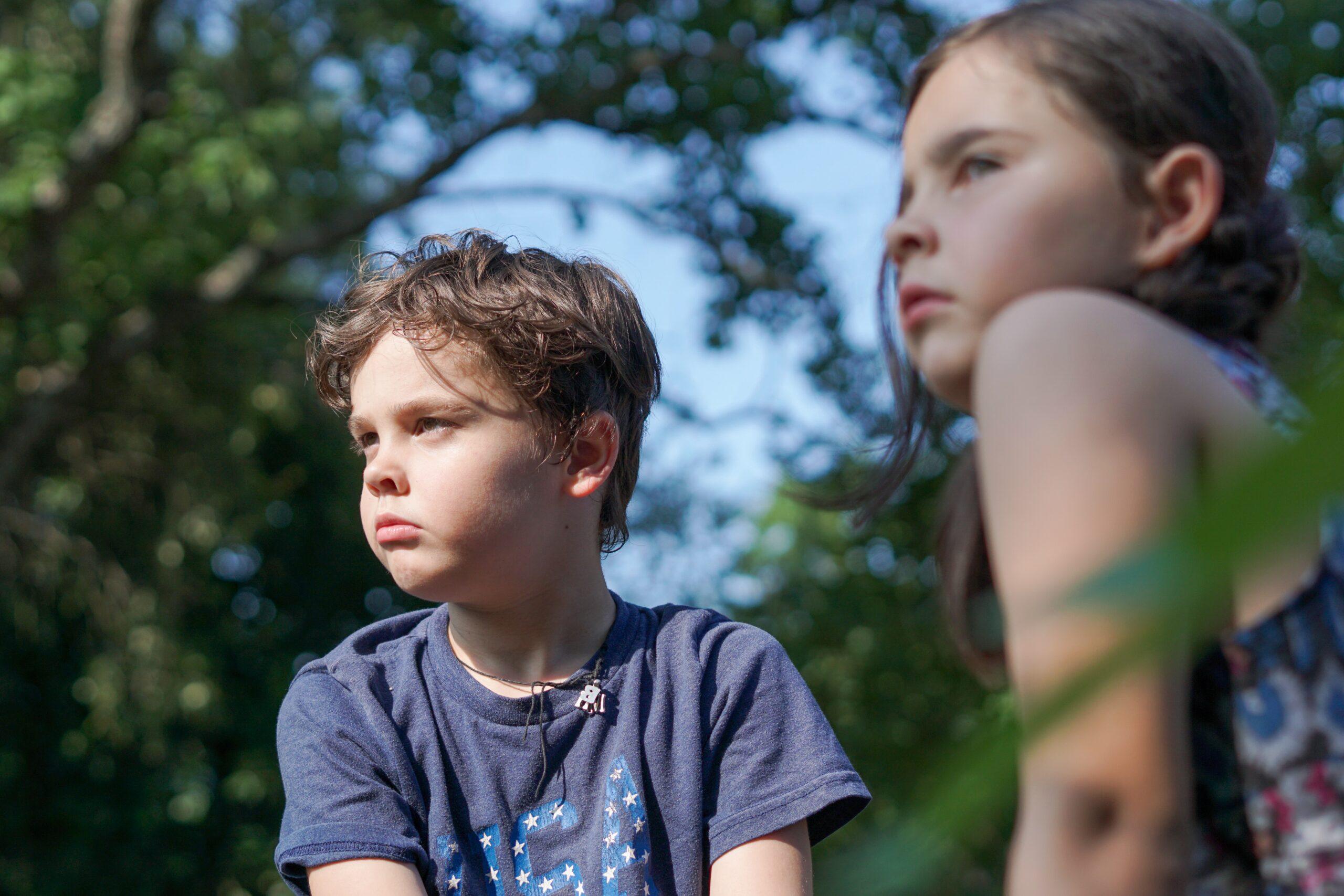I promised to die with my sister. I was 6 years old, and my sister Pam was 4. My mother had just come into our bedroom, gathered my sister and me onto our pink chenille bedspreads and told us that Pam had cystic fibrosis, or as Pam pronounced it, “sixtyfive roses.”
Cystic fibrosis is the most common fatal genetic disease among children and young adults. After my mother left the room, I put my arms around my tiny sister. “Don’t worry,” I told her. “I will be your protector, and we will die together.” Instead, over the next 22 years, Pam taught me how to live.
I loved being Pam’s sister. She was funny and fierce, tender and insightful, tenacious and brave. We laughed a lot. Yet because of her illness, and my varying ability to deal with it, we cried a lot too. This is where we get to the nub of the well sibling experience. As Don Meyer, director of the Sibling Support Project, says, “Being the brother or sister of a person with special needs is for some a good thing, others a not-so-good thing, and for many, somewhere in between.” For some of us, it’s all three. While there are great rewards in being a well sib, in the final analysis there are costs as well.
The downside of being Pam’s sister was the resentment, anger and guilt I suffered, a potent cocktail of emotions that often went beyond my own or my parents’ ability to mollify. The powerlessness I felt in the shadow of the illness that would take my sister’s life hindered my developing self-esteem. I found myself bargaining pieces of myself and my own life with God, hoping to purchase more time and less pain for my sister. My sister knew this and once wrote to me, “You must stop punishing yourself because I am sick.”
My experience as a well sibling may have broken my heart in some ways. But it also broke my heart open, making me a more generous and understanding human being. I developed an intense appreciation for life, love and eventually forgiveness. I learned from Pam, and from being a well sib, that you can’t control life by being afraid of it. I discovered that the only true power we have is our power to choose. I learned that joy is possible every day, no matter what. Also that there’s a difference between giving up and surrender, and that you must never, ever give up.
There are more than 8 million well siblings in the country. These siblings are growing up with sisters and brothers who suffer from a range of conditions. Young well siblings are thrust into the role of caregiver by circumstance, facing many issues beyond the scope of their age or understanding. This requires them to be incredibly mature at a time when they just want to be, and deserve to be, kids. Well siblings are also being raised by parents who are overextended, overtired and overwhelmed. These parents are developing their own coping mechanisms while contending with personal sorrows and fears for their special needs child.
Well siblings find themselves charting new and difficult territory as their parents age and then die. Regardless of their grief, or personal responsibilities, grown well children are most likely the ones who must step in and care for their special needs sibling.
On the other hand, our siblings with special needs can be the wind beneath our wings. I think of Alexandre Bilodeau. The skier dedicated his recent Gold Medal win at the 2010 Olympics to his brother Frederic, who has cerebral palsy. Eva Longoria says of her mentally challenged sister, “She is the light of my life and has taught me more than I ever imagined.”
Children are adaptable, resilient and resourceful. Older well sibs have experience, love and hopefully a good therapist on their side. And wise parents can raise their well children to thrive through all of the challenges of living with a special needs sibling.
Tips for Parents
- Remember that you are husband and wife first. How the marriage is nurtured affects your union and the care for both your child with special needs and your well children.
- When overwhelmed with the demands of care, housework, your child’s treatments and therapy sessions, outside commitments and pressures, STOP (sit, think, observe, plan) and regroup.
- Have a monthly special date alone with each of your well children.
Books & Resources
- In the Shadow of Illness: Parents and Siblings of the Chronically Ill Child (Princeton University Press) by Myra Blueblood-Langner
- Being the Other One: Growing Up with a Brother or Sister Who Has Special Needs (Shambhala) by Kate Strohm
- Thicker Than Water: Essays by Adult Siblings of People with Disabilities (Woodbine House) edited by Don Meyer
- www.siblingsupport.org/publications/what-siblings-would-like-parents-and-service-providers-to-know




